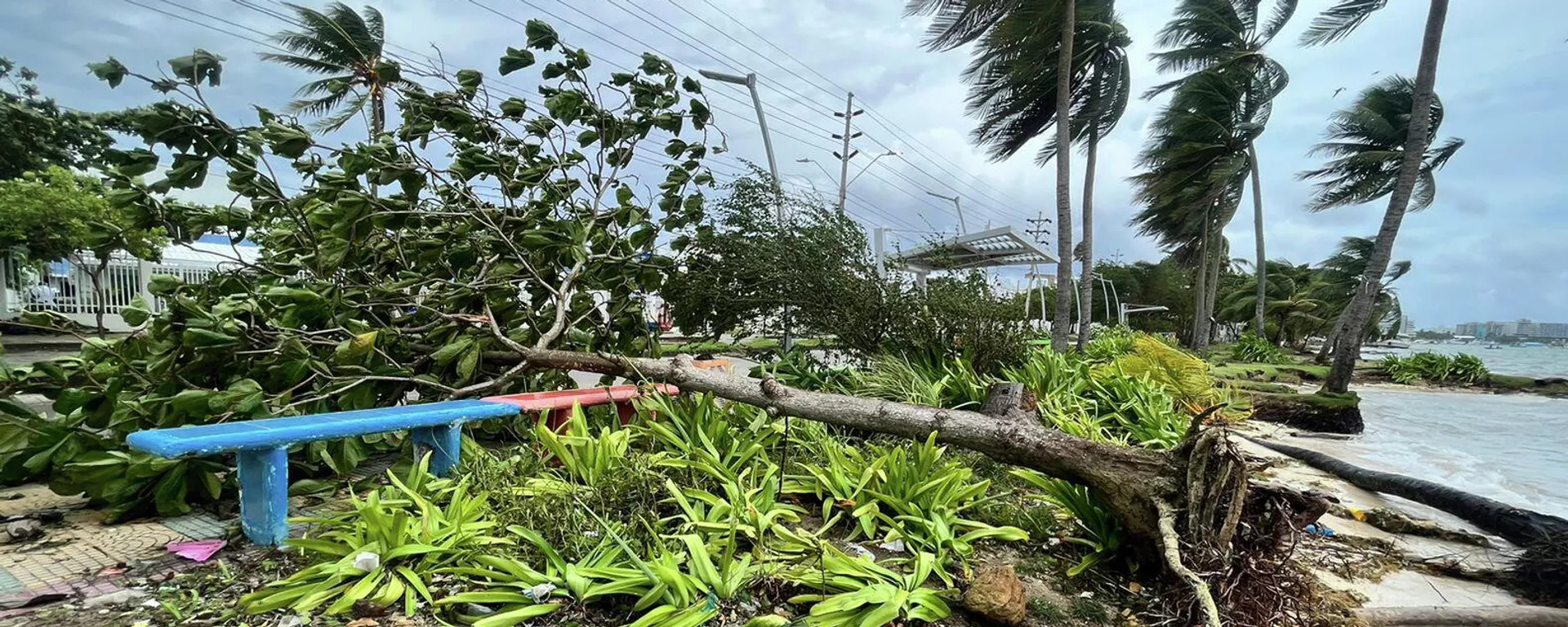The state of calamity proposed by President Alejandro Giammattei to deal with the devastation caused by Tropical Depression Julia in Guatemala took effect on October 11 with its publication in the Diario de Centroamérica, the official journal of the Republic.
Preliminary reports indicate that Julia claimed at least 13 lives in Guatemala, victims of floods and landslides caused by incessant rains that increased vulnerability in areas saturated with moisture during the current “winter”, as the rainy season in Central America is called.

Opposition voices in Guatemala question the importance of declaring a state of emergency, as it allows the executive branch to make direct purchases to address the emergency without having to account for it, which increases the risk of corruption.
“A state of disaster to continue looting people’s resources,” said Sonia Gutiérrez, deputy of the Winaq parliamentary group, on social media about a measure that was already in place when COVID-19 entered the country in early 2020 and a little some time ago. last June, due to the rains that caused nearly thirty deaths.
The opposition party Semilla also criticized the alleged inability of the government to create the conditions to protect the population, stating that the president will use this new state of calamity only to spend money in an uncontrolled manner.
According to the World Risk Report (WRR), Guatemala is among the most vulnerable countries to climate change, ranking 10th among those most likely to be affected by disasters such as hurricanes, floods, earthquakes, landslides and volcanic eruptions.
In this context, various civil society actors warn of the lack of a culture of prevention and low budgets for institutions such as the National Coordinator for Disaster Reduction (Conred), which is responsible for the immediate response to emergencies.



